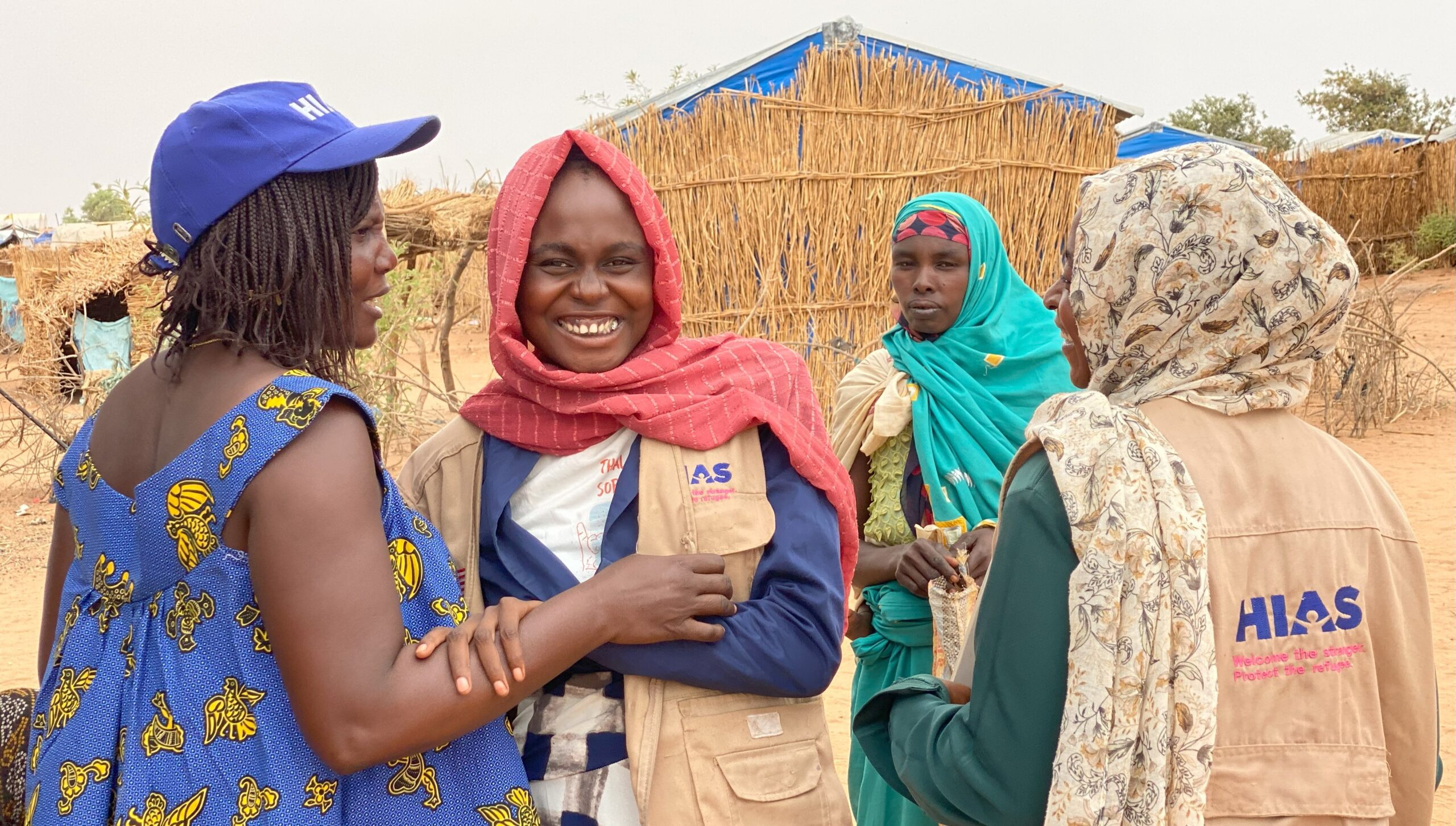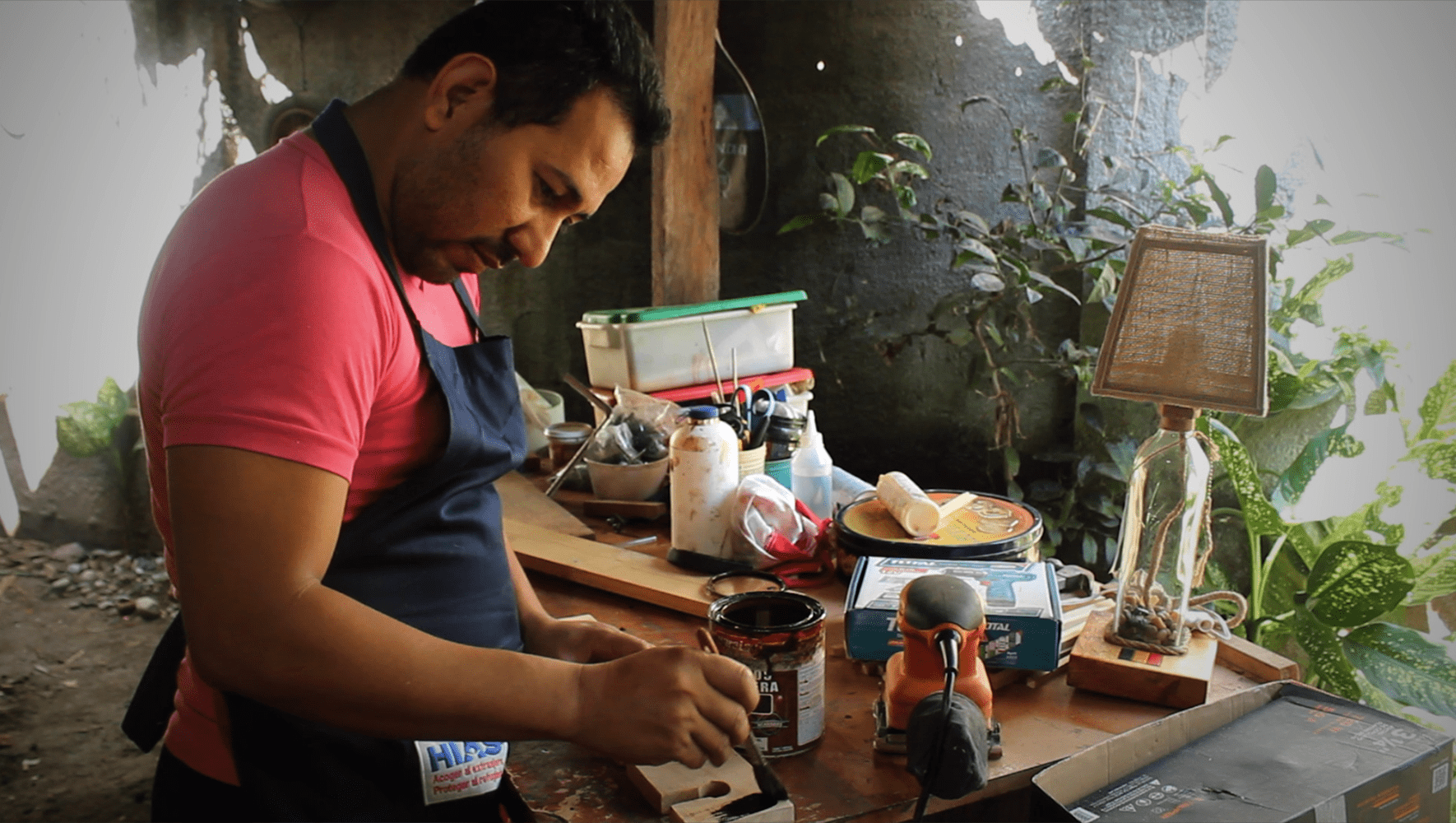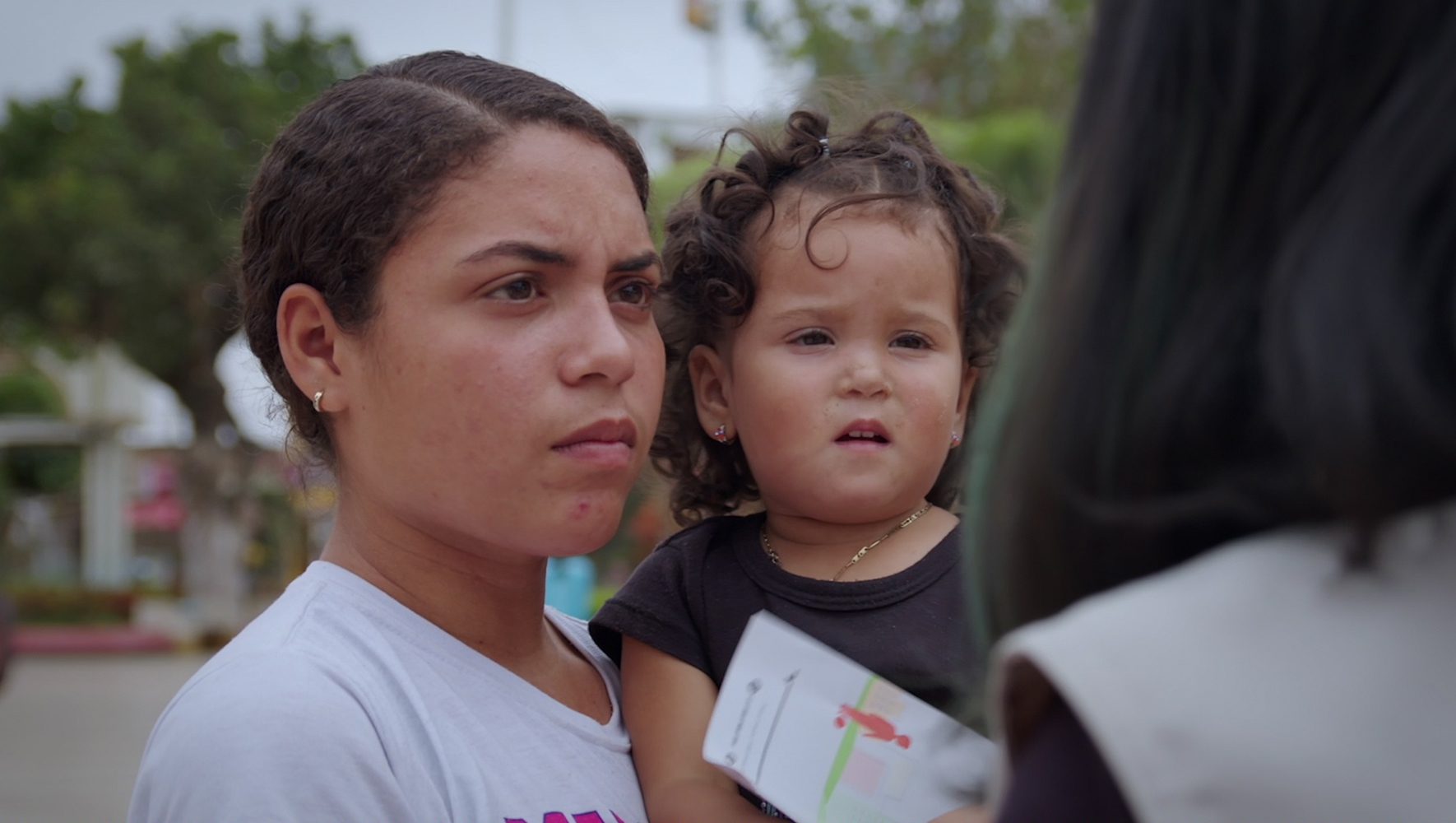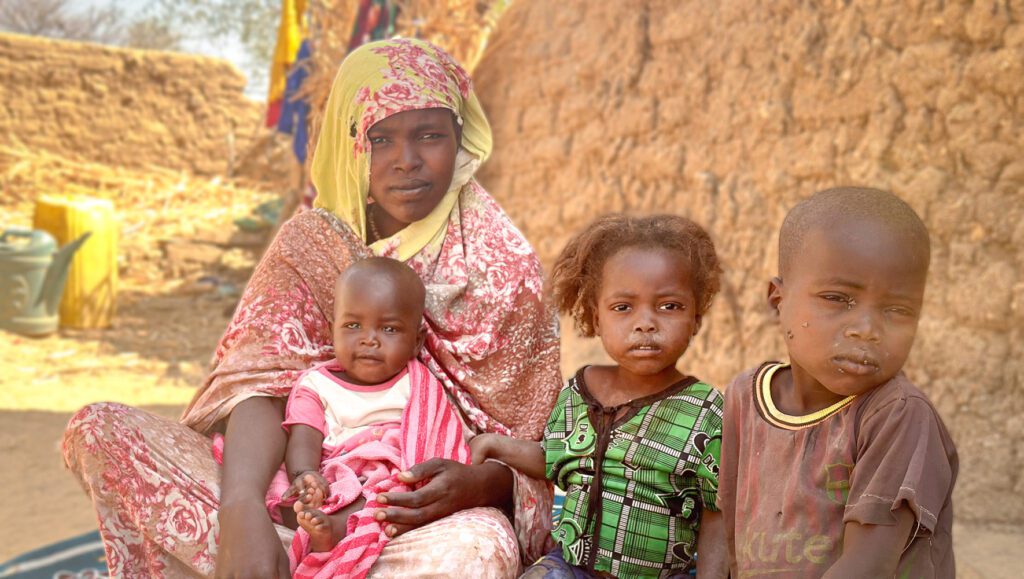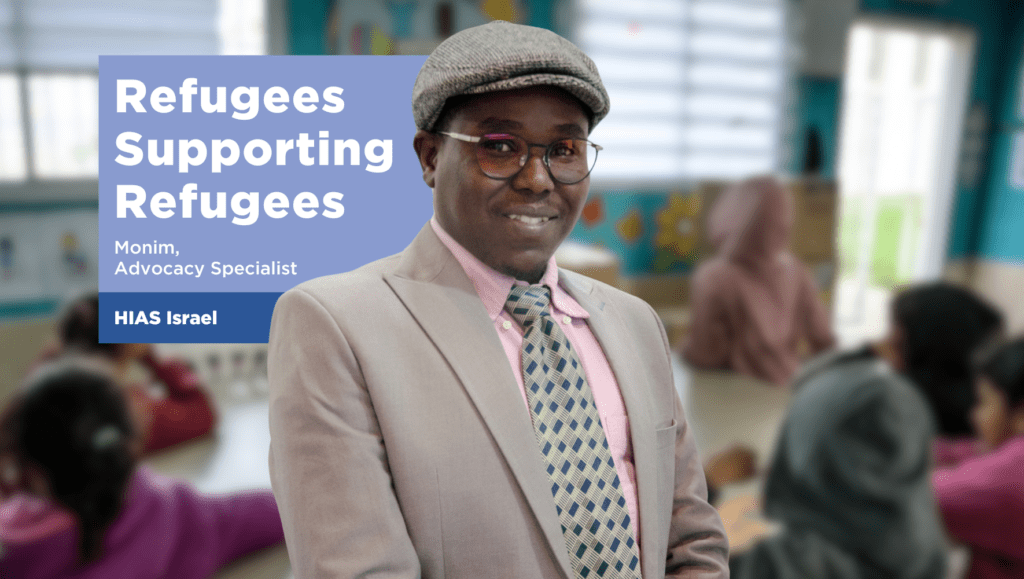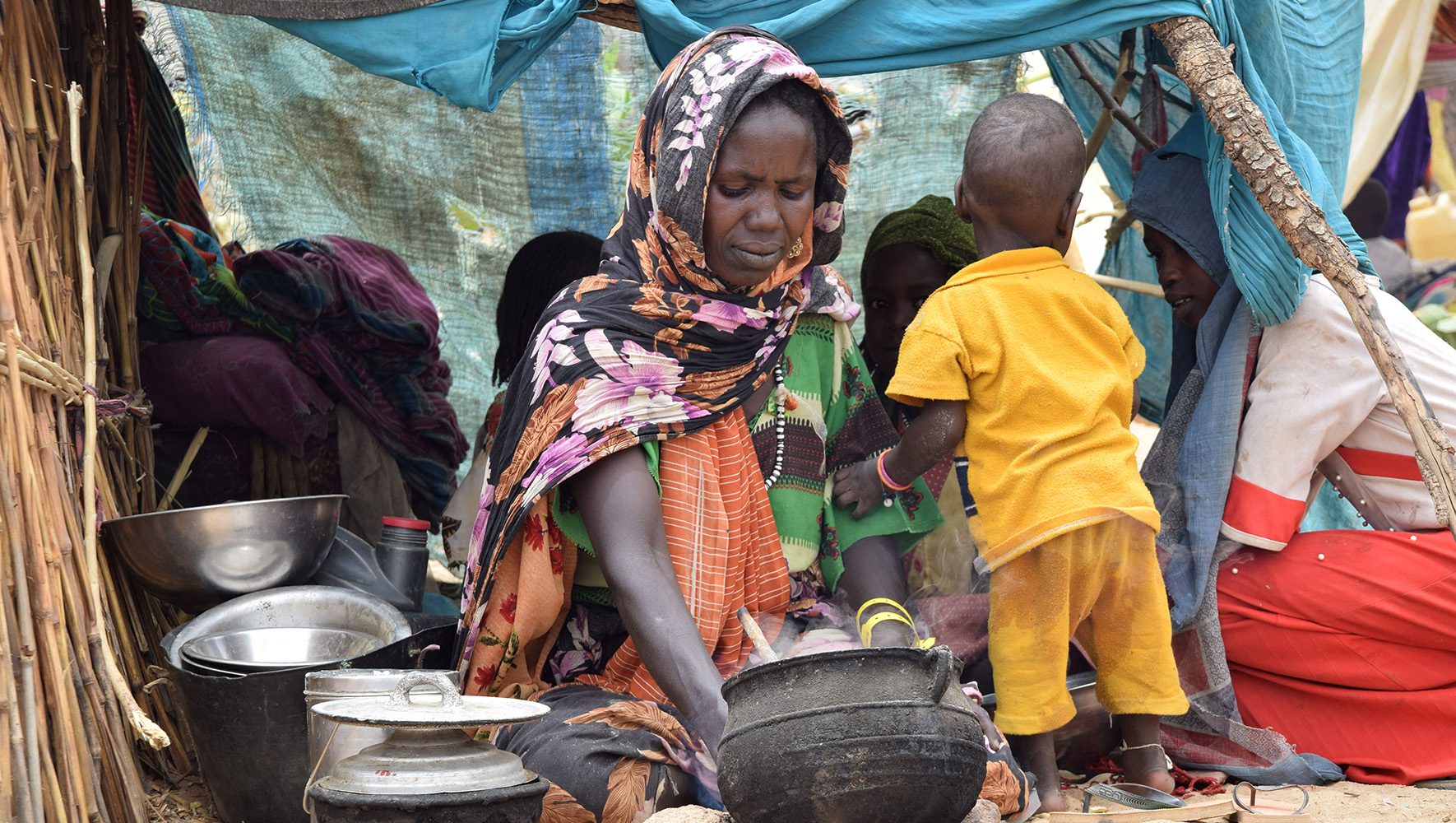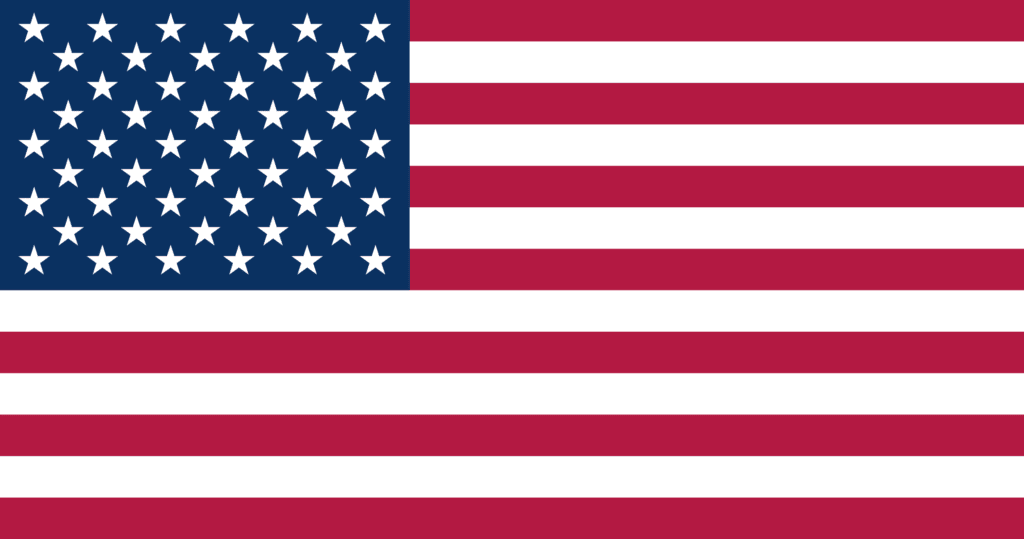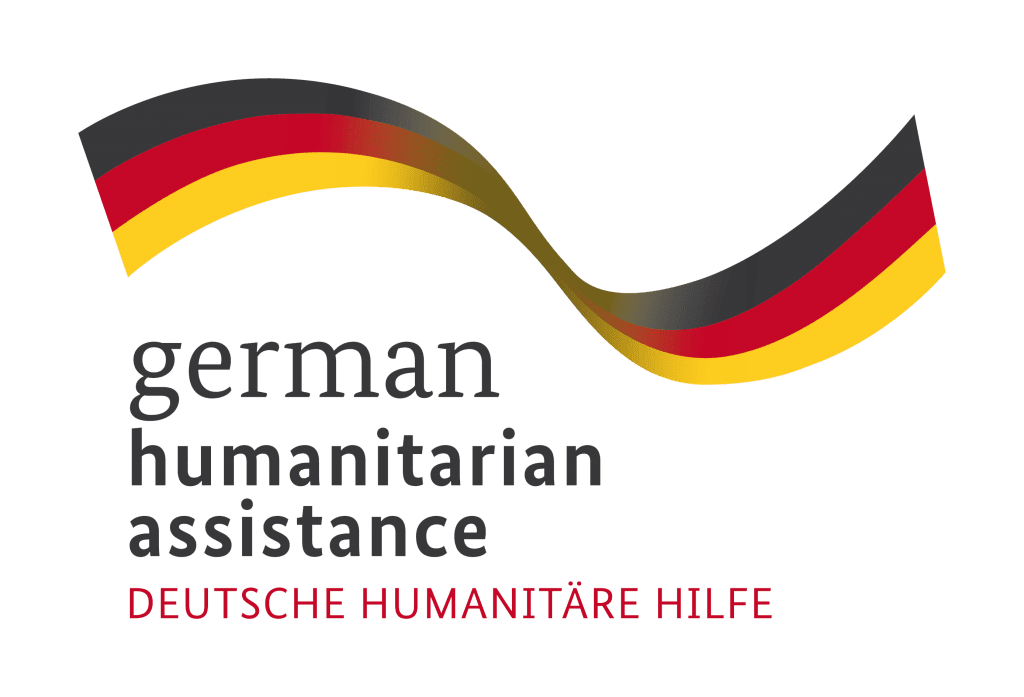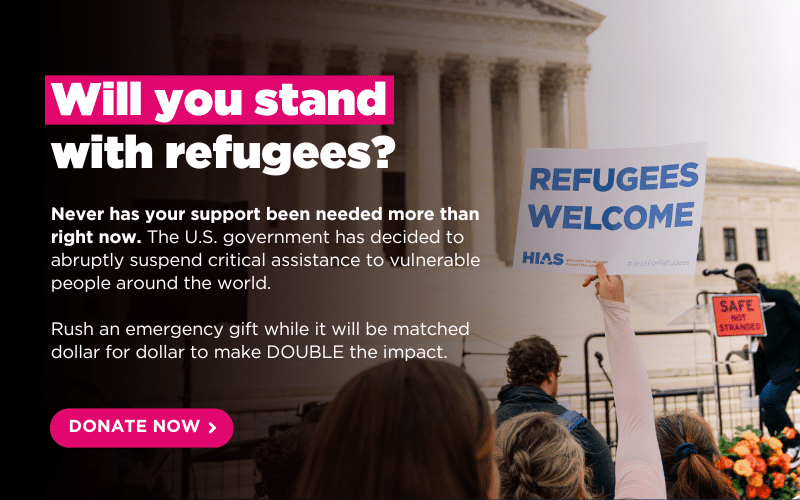2005
Violence, political instability, and climate change in Sudan, Niger, South Sudan, Nigeria, Cameroon, and the Central African Republic continues to drive people across the border into Chad, compounding the protracted crises in the east, the south, and the Lake regions of the country.
Since mid-April 2023, more than 700,000 people have crossed into Chad from Sudan, fleeing the war and renewed ethnic violence in Darfur. Now, Chad hosts around 1 million refugees. Though Chad welcomes refugees, the country has extremely limited resources to meet their basic needs and facilitate durable solutions.
